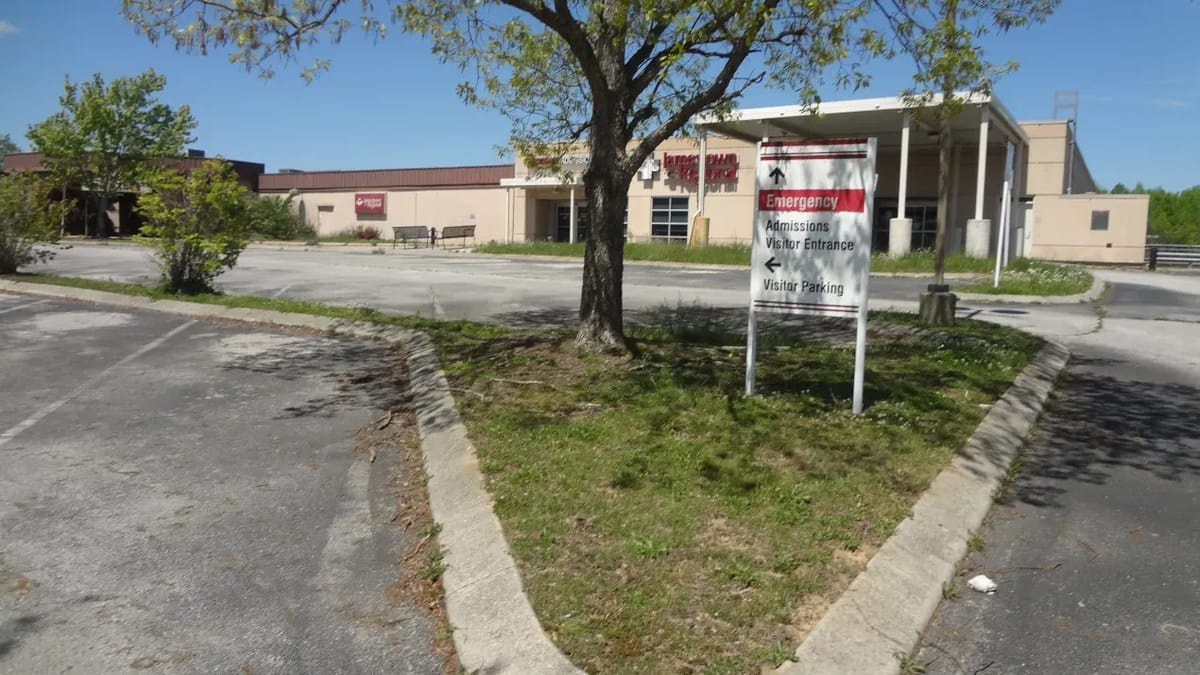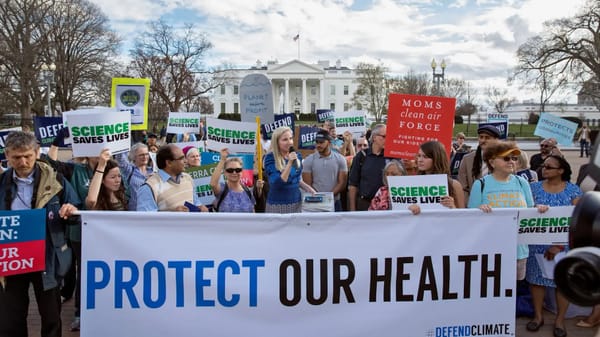Rural Healthcare Crisis: Urgent Solutions Needed
Millions of Americans living in rural areas face increasingly limited access to healthcare, a situation that has created an urgent and often overlooked public health crisis

Millions of Americans living in rural areas face increasingly limited access to healthcare, a situation that has created an urgent and often overlooked public health crisis. These communities suffer from a shortage of healthcare providers, hospitals with restricted resources, and dwindling access to essential services, including maternity care, emergency treatment, and specialized medical care. As rural hospitals close or reduce services, residents are forced to travel long distances for basic healthcare needs, which exacerbates health disparities and places significant strain on families.
The healthcare shortage in rural America affects approximately 60 million Americans, many of whom are spread across regions with few or no medical providers. The U.S. Department of Health and Human Services (HHS) has designated more than 7,200 areas as “Health Professional Shortage Areas” (HPSAs), most of which are rural. This lack of providers is compounded by the fact that rural areas generally have fewer hospitals, and those that remain are often financially strained. According to the Center for Healthcare Quality and Payment Reform, more than 450 rural hospitals are at risk of closing, with around 20 closing every year.
The closure of rural hospitals leaves gaps in critical services such as emergency care, which can mean life-or-death consequences for residents. When emergencies arise, residents may need to drive for an hour or more to reach the nearest hospital. Delayed treatment in emergencies like heart attacks, strokes, and severe injuries can lead to worse outcomes and higher mortality rates. For expectant mothers, the closure of maternity units means fewer options for prenatal care and an increased likelihood of delivering without proper medical support.
One of the most significant impacts of this healthcare shortage is on maternity care. Nearly half of rural counties in the U.S. have no hospital offering obstetric care, according to the American College of Obstetricians and Gynecologists. The lack of nearby maternity services forces pregnant women to travel considerable distances for prenatal visits, increasing the risk of complications and reducing the likelihood of necessary checkups. As a result, rural communities face higher rates of preterm births and maternal mortality.
The shortage of emergency care is also a critical issue. In situations where minutes matter, rural residents often do not have access to timely treatment, leading to preventable deaths and complications. The National Rural Health Association (NRHA) reports that rural Americans are more likely to die from unintentional injuries than those in urban areas, largely because of delayed access to emergency services.
The healthcare access crisis in rural America stems from several factors, including the financial challenges rural hospitals face, difficulties in recruiting and retaining healthcare providers, and limited funding for infrastructure. Rural hospitals often serve smaller populations, rely on public health programs like Medicaid and Medicare, and struggle to cover operational costs. Lower reimbursement rates from these programs and a shortage of insured patients make it difficult for hospitals to remain solvent.
Additionally, rural communities often struggle to attract healthcare professionals. Many providers prefer practicing in urban or suburban areas where resources and job opportunities are more abundant. The lack of amenities, social services, and professional networks in rural areas can deter medical professionals from relocating there, further perpetuating the healthcare gap.
The healthcare shortage in rural areas contributes to health disparities between rural and urban populations. Rural Americans have higher rates of chronic illnesses, including heart disease, diabetes, and obesity. Limited access to primary and preventive care exacerbates these conditions, leading to higher rates of hospitalization and death. Additionally, mental health services are often unavailable, leaving those with mental health conditions without necessary support or treatment. Rural residents also face higher rates of poverty and limited transportation options, which can make accessing distant healthcare even more challenging.
To address this crisis, policymakers need to prioritize rural healthcare funding and support programs that attract and retain medical professionals in underserved areas. Some potential solutions include expanding loan forgiveness and scholarship programs for medical professionals willing to work in rural areas, increasing Medicaid and Medicare reimbursement rates for rural hospitals, and funding telehealth initiatives that allow remote consultations and treatments. Telehealth, in particular, has emerged as a promising solution to provide access to care for rural residents, especially during the COVID-19 pandemic, but it requires reliable internet access, which remains limited in many rural areas.
The healthcare access crisis in rural America is a pressing public health issue that affects millions of Americans. While this topic receives relatively little national coverage, the impact on communities is profound, leading to worse health outcomes and widening the gap in health equity. Addressing this crisis requires not only financial support for rural hospitals and incentives to attract healthcare professionals but also a renewed commitment to ensuring that every American, regardless of where they live, has access to essential healthcare services.
At DayMark News, we are committed to exposing the rise of authoritarianism and its threat to democracy. In a time when disinformation spreads like wildfire and democratic institutions face relentless attacks, we need your support to keep the fight alive.
Investigative journalism is our weapon against authoritarian ideologies. We delve deep to uncover the truths others would rather keep hidden, while providing actionable resources to empower individuals like you to defend our democracy.
We believe in transparency, integrity, and the power of a well-informed public. But maintaining a platform dedicated to fearless reporting and mobilization requires resources. We refuse to bow to corporate interests or compromise our mission. That's why we turn to you — our community.
Every donation, big or small, helps us continue our work. With your support, we can produce the in-depth analyses, breaking news, and educational tools needed to resist the rise of extremist movements and protect democratic values for future generations.
This fight belongs to all of us. Together, we can ensure that democracy not only survives but thrives. Please consider making a contribution today to keep DayMark News strong and independent.
Donate Now: Because Democracy Can't Defend Itself.





